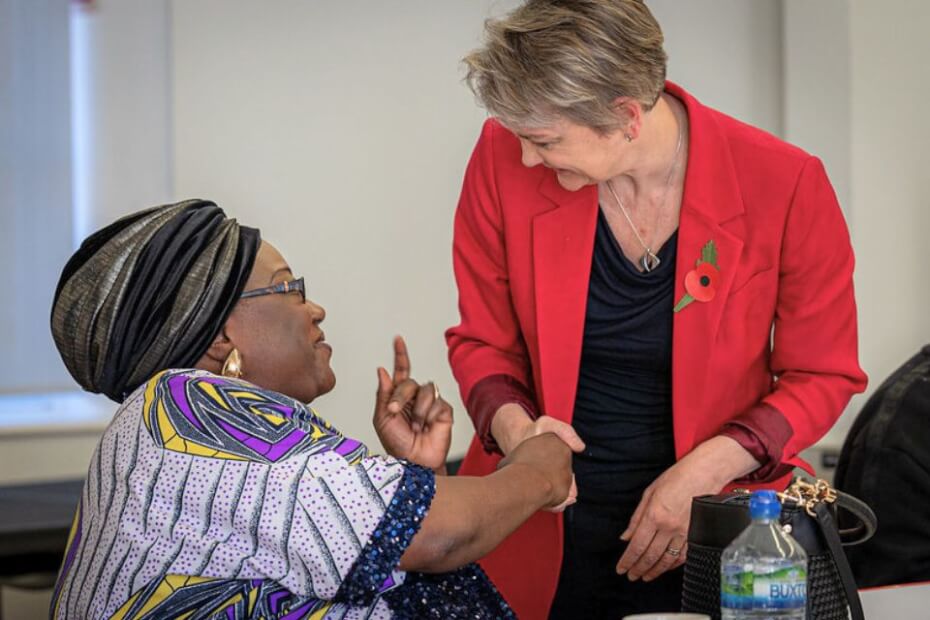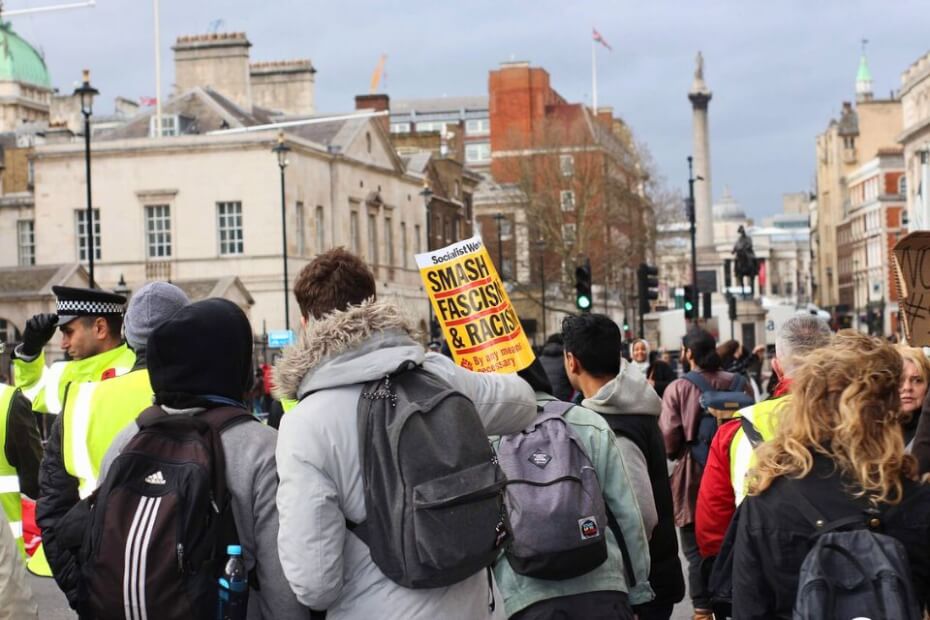
The United Kingdom (UK) Home Secretary Yvette Cooper has announced new government support for people affected by the Windrush scandal.
Exposed in 2017, the scandal wrongfully targeted long-standing Commonwealth immigrants who came to the UK between 1948 and 1973.
As British subjects, they had the right to live and work in the UK indefinitely. However, the scandal led to the detention, denial of rights, and deportation of these migrants.
Now, the UK Government promises to reset its approach, aiming to rebuild trust and provide support.
New government support for Windrush victims
Cooper recognized the harm done to the victims of the Windrush scandal and is committed to a “fundamental reset” of the government’s response.
“We are changing the government’s approach,” the Home Secretary said via a news release.
She said the department will “work more closely” with victims, stakeholders, communities, and anyone else affected by its work.
This ensures that a “scandal of this kind can never happen again” and that those tragically affected can have their dignity restored.
Below are the aspects included in the government’s new approach.
Appointing a Windrush Commissioner
The new Windrush Commissioner will advocate for the victims, ensuring their voices are heard and that they get support and respect from the government.
Bringing back the Windrush Unit
The reinstated Windrush Unit, which was closed in 2023, will focus on helping the Windrush generation get the support they need.
It will also work on the government’s responses to prevent similar mistakes in the future.
The Windrush Unit will ensure that the Home Office follows recommendations from the 2020 Wendy Williams review.
The Wendy Williams Lessons Learned Review called for more culturally aware and compassionate policies.
It highlighted serious flaws in how the government handled the Windrush scandal.
The review gave 30 recommendations to make the Home Office more respectful and supportive of diverse communities.
However, the government has yet to put many of these recommendations into action.
Cooper has already met with Williams to discuss how these recommendations can be fully realized.
Financial help for victims

The government also announced a £1.5 million fund to support Windrush victims as they navigate the often challenging compensation process.
The fund aims to facilitate the application for and receipt of financial compensation owed.
This ensures that victims, many of whom have faced serious hardships, are adequately supported.
Reactions from the Windrush community
While these new plans have sparked hope, members of the Windrush community remain cautious.
Organizations like the Windrush National Organisation hope the government’s new commitment will bring real change after years of delays.
Community leaders have urged the government to follow through with action, not just words.
Many families still suffer from the scandal’s impacts and need quick, fair access to compensation and support.
Cooper has met with community stakeholders to discuss the government’s renewed commitment to the Windrush victims.
The Home Office commits to learning from their experiences. It is listening to the Windrush generation, their families, and Commonwealth communities.
Shift to eVisa system a potential repeat of the Windrush Scandal

The UK’s shift to a digital-only eVisa system by January 2025 has sparked concerns about a potential Windrush-like scandal.
Four million migrants currently holding Biometric Residence Permits (BRPs) and other physical immigration documents must switch to eVisas.
Without a physical backup, the eVisa system can prevent individuals from proving their UK immigration status due to technological issues or internet outages.
This inability might lead to being wrongly classified as undocumented, risking access to public services and legal rights.
This scenario would be similar to the challenges seen in the Windrush scandal, and calls are growing for the government to rethink the process.
This is to avoid putting migrants at risk of exclusion from crucial services or being thrust into legal limbo.
Advocacy groups are urging for a system that combines digital and physical proof to ensure security against system failures.
Many are asking for a more reasonable and extended transition period and a better information campaign.
Looking ahead
With a re-established WIndrush Unit, a new Windrush Commissioner, and extra funding, the government hopes to rectify its past mistakes.
This “fundamental reset” promises justice and recognition to those harmed by the Windrush scandal.
It also raises hopes that similar grave mistakes will never be repeated. This has been especially a huge concern with the ongoing digitalization of the immigration system.
With these goals in mind, the government has also allocated funding to support individuals switching to eVisas.

